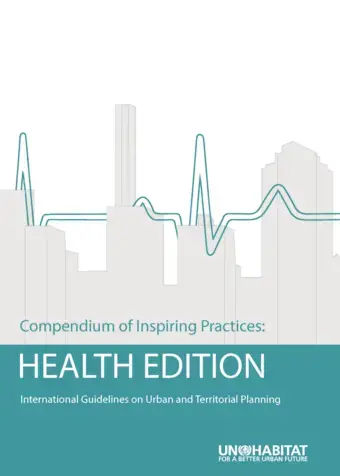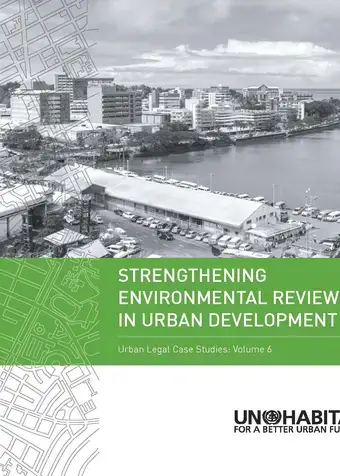 One of the greatest challenges for climate change adaptation is how to build resilience for the billion urban dwellers who are estimated to live in what are termed informal settlements . These settlements have been built outside the ‘formal’ system of laws and regulations that are meant to ensure safe, resilient structures, settlements and systems.
One of the greatest challenges for climate change adaptation is how to build resilience for the billion urban dwellers who are estimated to live in what are termed informal settlements . These settlements have been built outside the ‘formal’ system of laws and regulations that are meant to ensure safe, resilient structures, settlements and systems.
UN-Habitat Thematic Guide Addressing The Most Vulnerable First: Pro-poor Climate Action in Informal Settlements
Global Urban Competitiveness Report 2018-2019 (Abridged)
 Cities are stable physical and social space that serves human agglomeration activities and takes shape with the force of human being on natural conditions. Cities are made up by urban population (people chose to live together and pursue opportunities for physical contacts out of rational choice), people’s activities and environmental facilities (space agents and municipal government).
Cities are stable physical and social space that serves human agglomeration activities and takes shape with the force of human being on natural conditions. Cities are made up by urban population (people chose to live together and pursue opportunities for physical contacts out of rational choice), people’s activities and environmental facilities (space agents and municipal government).
Strengthening environmental reviews in urban development: Urban Legal Case Studies: Volume 6
Other documents
Discussion Paper - Sub-National Borrowing in Africa
Cities in sub-Saharan Africa are growing at an unprecedented rate due to internal migration and general population growth. Urban population growth brings with it many positive benefits, but in cash-constrained municipalities, this can be particularly problematic as the financial resources cannot keep pace with municipal infrastructure needs.






